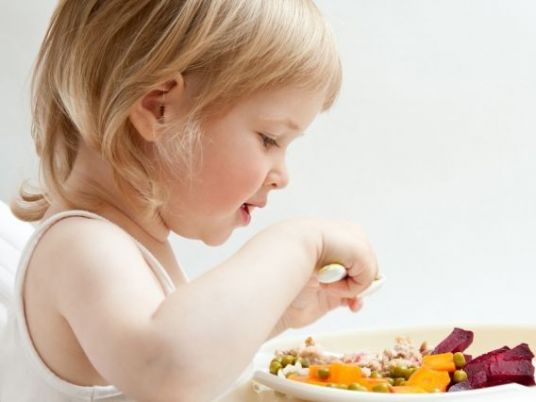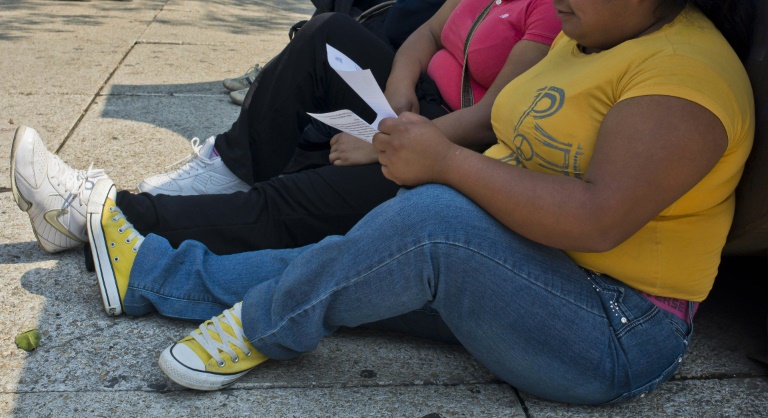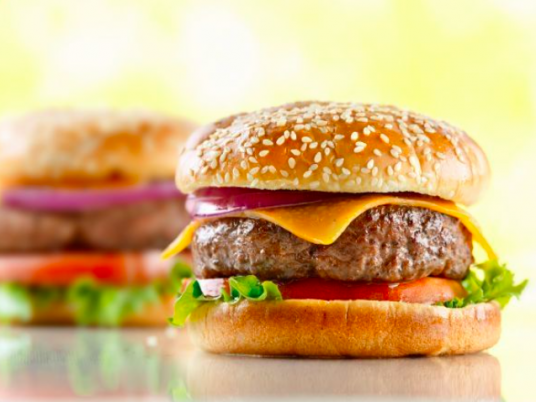
By imposing dietary restrictions or using food as a reward, parents could make their children more prone to overeating in response to emotional stress, according to a recent British study.
To investigate the development of emotional eating habits in young children, the researchers worked with 41 parent-child pairs. All of the children were between the ages of three and five at the start of the study, when each pair responded to a questionnaire on parental feeding practices and was observed while eating a normal lunch.
Two years later, the children, now aged five to seven, were assigned to either the control group or the experimental "mood manipulation" group. Each child was asked to color a picture in order to receive a toy reward, but in the experimental group, one of the crayons required to complete the coloring task was missing.
As a result, the researcher told the child that he or she could not have the toy. After receiving this upsetting news, the child was left alone in the room with bowls of various snack foods while the researcher went to look for the crayon.
Overall, children exposed to the emotional stressor ate more calories than those in the control group, suggesting that all five- to seven-year-olds may exhibit some degree of emotional eating.
Interestingly, however, the questionnaire data revealed a greater tendency toward emotional eating in children whose parents reported imposing dietary restrictions for health reasons and using increased portions as a reward. The children of these parents consumed more calories when left alone with the snacks after the disappointment of being denied the toy.
"Parents who overly control children's food intake may unintentionally teach children to rely on palatable foods to cope with negative emotions," write the authors of the study, which was published in The American Journal of Clinical Nutrition.
The researchers note that additional trials are necessary to determine the implications of their findings outside of a laboratory setting.



